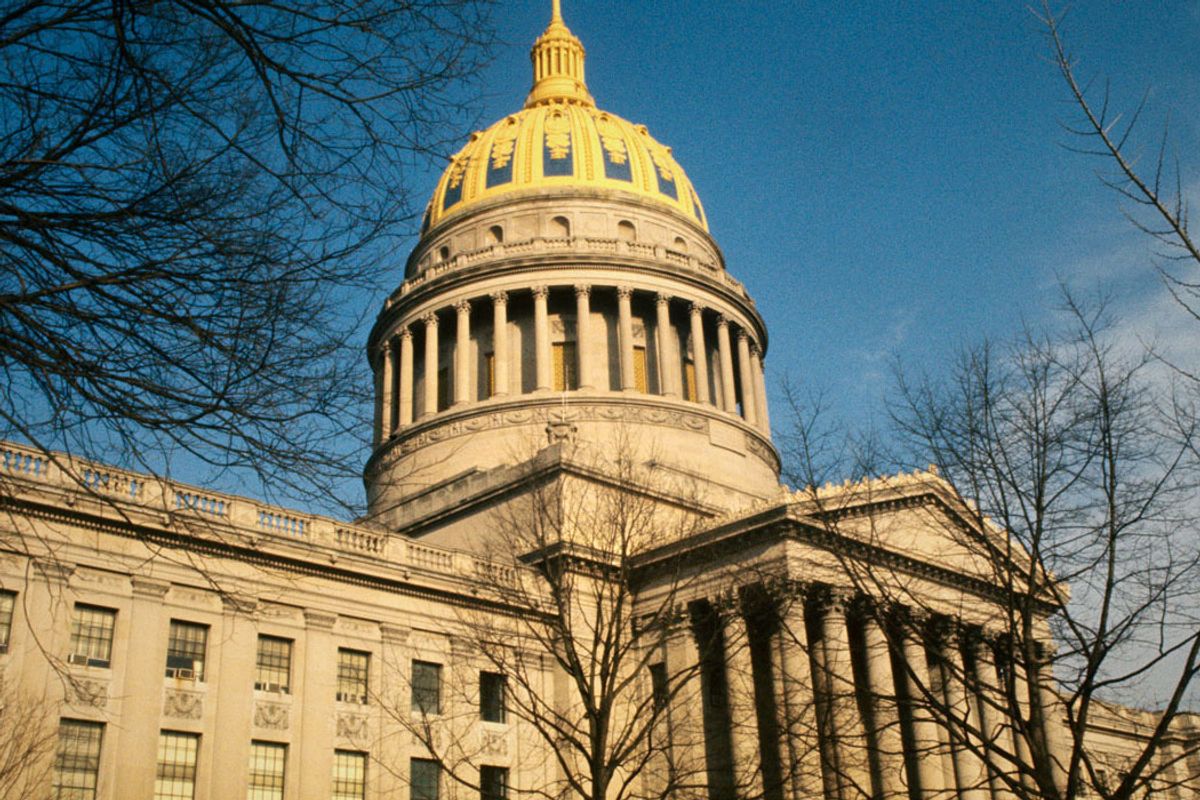This Tuesday, West Virginians will be voting on four proposed amendments to the state constitution. The most controversial of these is Amendment 4, which would require the State Board of Education to receive legislative approval before implementing new policies. Currently, the Board can enforce new rules and regulations without consulting any outside body, but its decisions are still subject to scrutiny by the state. This proposed change is an unnecessary and dangerous power grab by the state legislature, especially considering the intense politicization of school boards across the country and the hostile stance the state legislature has taken towards marginalized individuals.
Proponents argue that allowing the legislature to decide the state board’s policies would give citizens a greater say in the school board, because it is the only unelected statewide office. However, the legislature does currently exert significant influence—board members are currently appointed by the governor and require confirmation by the state Senate—and yet citizens usually have little to no power over the board. There has been no evidence that legislative influence over the school board translates to citizen representation. As a result, this amendment does not give citizens a greater say; it merely gives the state legislature more power over the policies adopted. If this amendment was truly about giving citizens a larger say rather than a political power grab, it would set up a nonpartisan framework for electing members to the state board of education (like how county school board members are currently selected) instead of keeping the current system.
Members of the state board, including superintendent Clayton Birch, have spoken against this amendment, arguing that it would cause instability by forcing them to deal with a different state legislature every two years. While the current political climate in the state makes this point seem less relevant, it is a serious concern down the line. If a policy is changed multiple times through the span of a couple years, enforcement becomes more difficult, leaving county school boards to pick up for the dysfunction of the state school board.
Furthermore, the integrity of the education system as a whole would be compromised if Amendment 4 passes. This is the legislature that denies climate change, pushes transphobia, and restricts the bodily autonomy of women. Do we really want to give them the power to dictate every decision the state school board makes about our education system?
While there are many issues with how the West Virginia School Board currently functions, Amendment 4 would not rectify these issues and may instead exacerbate them. To ensure that West Virginians have a true say in their school boards, rather than further enabling the very people who ruined the state’s education system, we need to empower those closest to it—the voters.
This Article is powered by WV Can’t Wait


